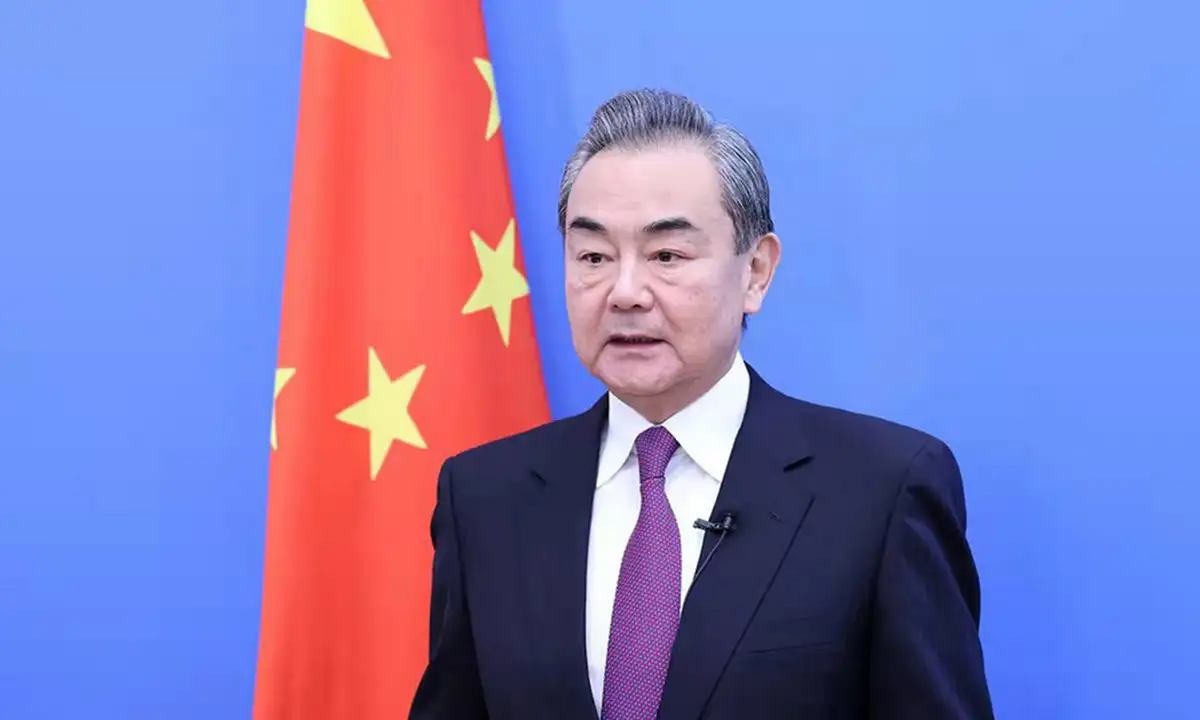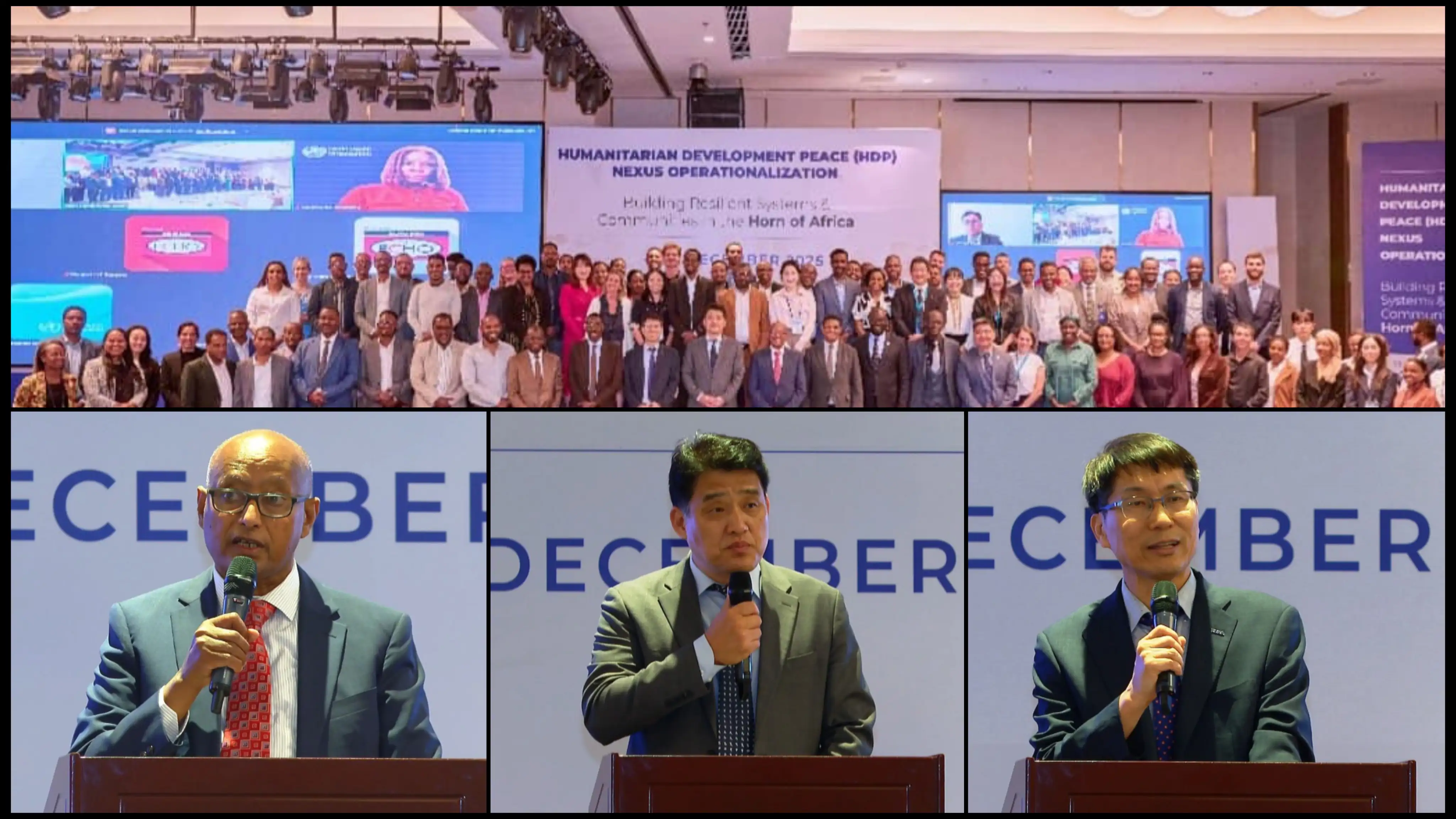A transformative approach is emerging across Africa, championing the integration of agriculture and education as a pivotal strategy to tackle food insecurity and drive sustainable economic growth. This comprehensive vision, supported by key initiatives from the African Union, aims to cultivate a generation of well-nourished, empowered citizens.
The African Union's Comprehensive Africa Agriculture Development Programme (CAADP) has long advocated for African governments to dedicate a minimum of 10% of their national budgets to agriculture. This commitment is further solidified in the ambitious CAADP Strategy and Action Plan (2026-2035), which targets a 45% boost in agri-food production and a halving of food wastage by 2035.
At the heart of this integrated strategy lies the powerful synergy between education and agriculture. School Feeding programs, for instance, are envisioned as far more than just providing meals. By linking these programs directly to agricultural initiatives, they become potent catalysts for community development, economic empowerment, and generational transformation. This ensures that children receive essential nutrition while fostering a deeper connection to food systems and local economies.
Further bolstering this vision is the African Continental Free Trade Area (AfCFTA). The AU's dedication to intra-African trade through AfCFTA is set to reduce trade barriers and streamline the movement of agricultural goods, creating a more robust and interconnected food market across the continent.
"A plate of food today shapes the thinkers, leaders, and innovators of tomorrow," states a recent report, highlighting the critical role of nutrition in education. By ensuring that no child attends school hungry, and that every learner has the nutritional foundation to reach their full potential, Africa is investing directly in its human capital.
The CAADP Strategy underscores that achieving food security and nutrition demands a comprehensive approach, emphasizing multi-stakeholder involvement, effective governance, and innovative financing mechanisms.
By prioritizing nutrition and seamlessly integrating agricultural policies with educational initiatives, Africa is laying the groundwork for a brighter future for its children, ensuring sustainable growth and development across the continent for generations to come.




